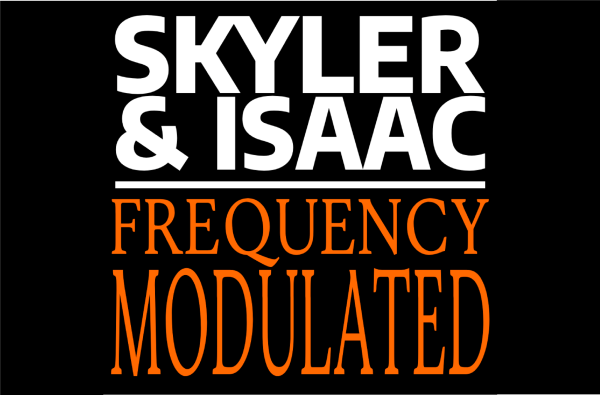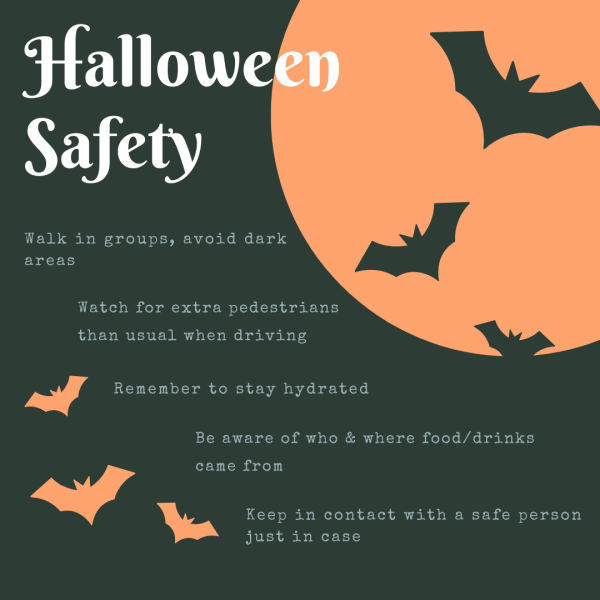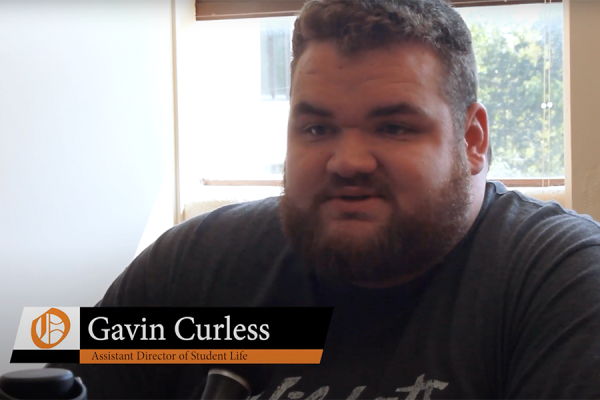YouTube is broken
YouTube is broken. Or more specifically, YouTube’s current method for evaluating copyright claims is broken.
The current algorithm used by YouTube has some serious flaws that can hurt the very people generating its content. All content creators on YouTube, dubbed “YouTubers,” publish videos to their channels and can potentially make a living off doing so. YouTubers can choose to monetize their videos, meaning they get money for ads that play before the video and banner ads that appear during the videos.
If a company, organization or viewers (or even bots) see copyrighted work on YouTube, they can claim that video and receive all of the money made from it, without any up-front proof.
This copyright claiming process is promoting a “guilty until proven innocent” mantra and is being abused all over YouTube. Companies and individuals can claim random videos with absolutely no connection to them and basically steal the money from the YouTuber. If the content creator was illegally publishing material and it was rightly claimed by the copyright holder, then that is another story. But when these random entities claim any video that falls under YouTube’s Fair Use policy, it is blatant theft.
To make matters worse, if a YouTuber receives three copyright strikes—a copyright owner sent YouTube a complete and valid legal request asking for the video in question to be taken down—the YouTuber’s account will be terminated.
All of these content creators who are getting attacked with false claims are really fired up. Most of the disputed videos involve movie reviews (which typically fall under Fair Use), original content that is the creators’ own work or ideas and even some vlogs (of their own lives) being claimed as someone else’s content.
Matthias Fredrick, who runs a channel named Matthias,” has made a few videos recently voicing his frustration with companies falsely claiming his original content, such as short films, parodies and even his personal vlogs.
He said in his video, entitled YouTube Copyright Abuse Has Changed Me,” that he has stopped making parody videos because his content would immediately be claimed, even though the idea of parodying copyrighted content completely falls under Fair Use and it is his own original content.
Matthias and other YouTubers have been losing his only source of income to these false claims.
Doug Walker, also known as “The Nostalgia Critic,” is another creator affected by this backward system. Posted on Channel Awesome, a video entitled “What The Hell YouTube?” shows Walker expressing his frustration with his team’s struggles to counteract false claims and a copyright strike.
“We have yet to talk to a human being and we are going on three weeks without monetization on the videos that we have put out—past and present,” Walker says in the video. “We are not making money right now. The only way we are getting contact from YouTube is from other people. Nobody has given us a straight answer. None of it is consistent. Nobody knows what is going on!”
Channel Awesome has more than 466,000 subscribers as of right now. The channel has gained more than 100,000 subs since they put out this video in January. This growing channel is raising awareness for this important issue.
“If this can happen to us with no explanation, no reason why, what chance do people who just put up their family videos have,” Walker says. “. . . Everything being done right now is through the algorithm. No human looking over any of this. It seems like the only way to get them to do something is to escalate it.”
And that is exactly what happened.
In Walker’s sequel video, What The Hell YouTube? Part2,” posted less than a day after the first one, talking to his subscribers, he discussed the subject further with some news from YouTube.
“Well, monetization is back . . . We are back in business, less than a day after that video aired,” Walker said, still looking annoyed and not totally convinced of YouTube’s intentions. “. . .You guys did what we couldn’t do in less than a day what we couldn’t do in the official YouTube support in three weeks. . .Why does it take people going public to get this stuff fixed?!”
Walker and Matthias are right to be frustrated about this unjust algorithm. The only way to fix this broken system is to raise our voices. We need to let YouTube know how wrong and self-destructive this is. Without this system changing, many creators are projecting that this could lead to the end of creative, original content on YouTube.
For more information about this situation, I would suggest watching Channel Awesome’s video, Where’s The Fair Use? – Nostalgia Critic.“







